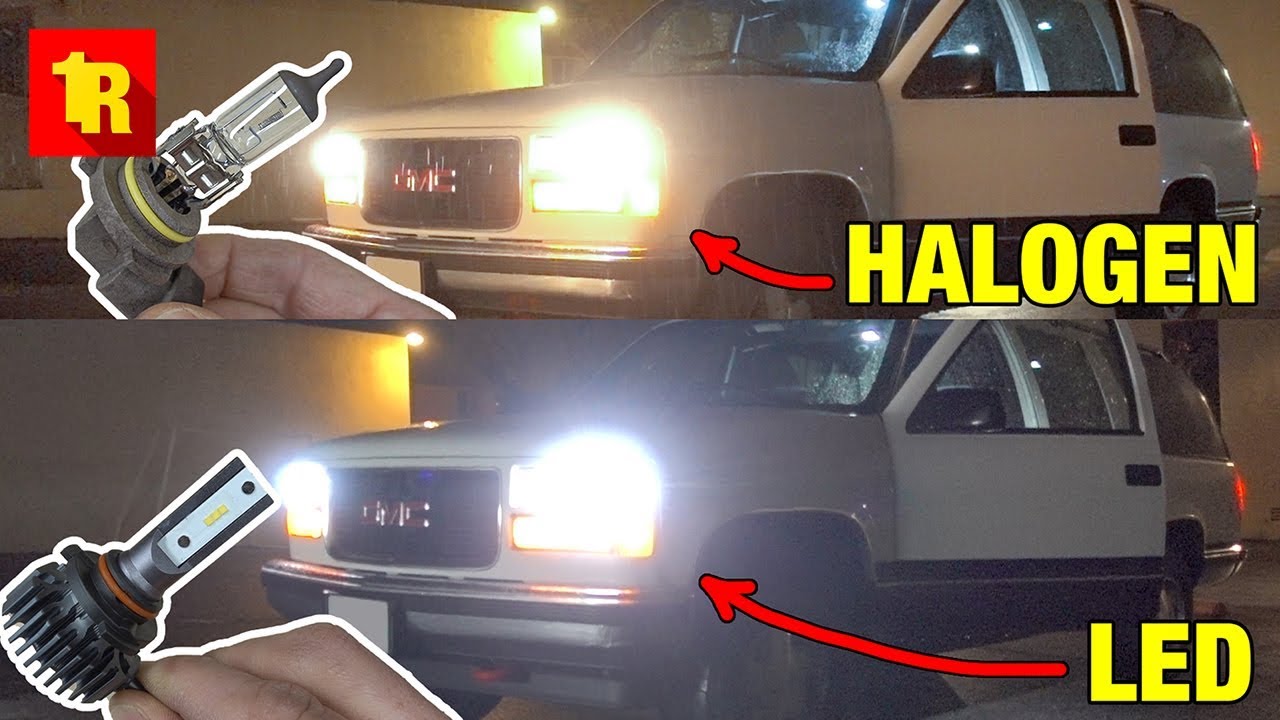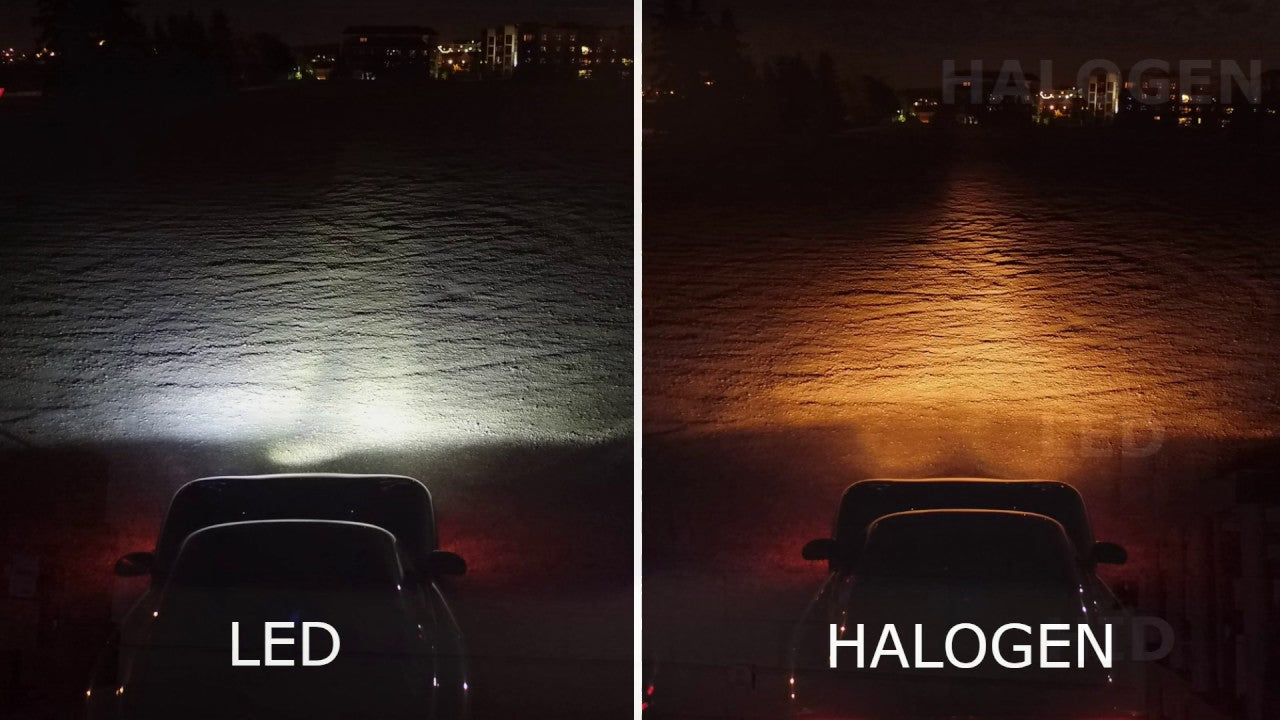Your vehicle is a pricey investment. However, do you know just long it’s supposed to last? Well, it’s estimated that the average car is meant to last around 150,000 miles or 8 years. If you take good care of your vehicle, there is a chance to push this life expectancy to around 200,000 miles.
Of course, if you have owned a fair share of cars in your own lifetime, you will be aware that this isn’t always the case. Many cars breakdown well before their time. There are many reasons why this can happen.
Poor maintenance, road accidents, and other issues may result in the early demise of your vehicle. However, there are certain instances where the cause is not apparent. If you have ever wondered about this.
Here are the most surprising causes of why your car does not last as long.
1. The Car Manufacturer
You don’t need to be told that the quality of your vehicle matters. It is common sense – a well-built car will last a lot longer than one that is poorly constructed. The problem arises, however, when most people are unaware of what makes a good and reliable car.
For instance, many people will imagine that well-known car manufacturers are the most dependable. This means that you would probably name brands such as Volvo, GMC, Ford, and Mercedes-Benz as good, solid cars. The truth is that these cars scored rather poorly when it came to reliability.
In fact, brands such as Volvo and GMC were at the bottom of the list – Ford was only several steps ahead of them. Many cars in these lineups were plagued with issues that cut down on their longevity.
Instead, it was car manufacturers such as Lexus, Toyota, Mazda, and Subaru that topped the charts. So, the next time you want a car that will last longer, it is a good idea to do your research first.
2. The Climate
Many people live in regions that experience rather extreme conditions during certain times of the year. Thus, during the summer you may experience soaring temperatures and heat-related issues. On the other end, extreme cold may the primary problem.
Well, such severe weather conditions can cut down on the lifespan of your car. This is because the climate can have a negative impact on various parts of the car.
For instance, in very cold weather, certain parts of the vehicles may collect condensate. This, in turn, means that the liquid can turn into ice and back again as the temperature varies. This can mess up the power steering and the brakes. There is also the fact that salt on the road can speed up corrosion.
In very hot weather, you have to be mindful of hoses and belts. Extreme heat can cause cracks and other types of damage. The result of this can often be an overheating engine which can lead to long-term damage. Not to mention, humid conditions can cause tires to burst or pop as well.
One way to avoid such problems is to prep your vehicle for the coming weather. Take it into the shop and make sure that all fluids are topped up and that everything is in working order. Furthermore, you should shelter your car in such a way that it has limited exposure to the elements.
3. Road Conditions
Road conditions are steadily worsening in many regions. Not only does this make for many uncomfortable rides, but it can also reduce the lifespan of your vehicle. On average, it is estimated that car owners spend over $1000 every year on damages caused by bad roads.
These issues include but aren’t limited to blown tires, broken axles, and battered shock absorbers. Not to mention, frequently driving on such roads can reduce the overall structural integrity of your car. Thus, if you live in such an area, it could be that your car may not last as long, regardless of how well you maintain it.
4. A Bad Mechanic
Apart from the make and model, the next factor that can impact your car’s longevity is maintenance. It is no secret that proper upkeep and care can help keep your car running for much longer. Naturally, your mechanic plays a rather important role in this too.
Well, this is why a bad mechanic can actually reduce the lifespan of your car. A poor technician can cause problems in a number of ways. For instance, if they aren’t very diligent, they could end up overlooking certain issues that need to be attended to. Without proper intervention, these can go on to become a lot more serious.
Or, a mechanic might make a mistake during a repair or routine maintenance. This could result in damages to the vehicle which will automatically impact its performance and allotted lifespan. A less-than-honest technician may fit your car in with poor quality parts. These will not last as long and will naturally affect the surrounding parts as well.
This is why it is quite so important to take the time and effort to find a good mechanic. With their help, you can really maximise how long your car will last.
These are the obstacles to your car’s longevity that you might not have been aware of. Fortunately, most of these issues can be addressed. So, as long as you take the necessary precautions, you could end up using the same vehicle for years on end.
image Source: https://unsplash.com/photos/ZRns2R5azu0




